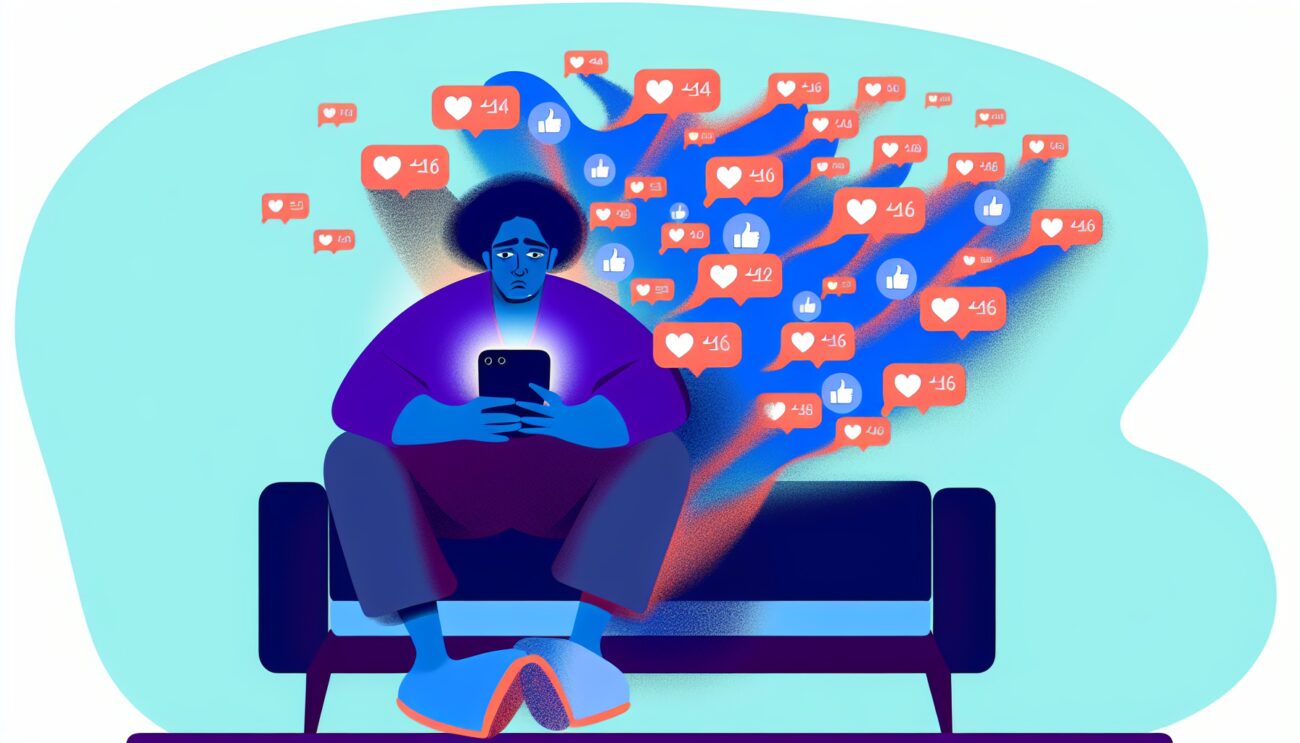🧠 Introduction
Have you ever thought, “I shouldn’t have said that…”?
Oversharing—especially on social media or in conversations—can unintentionally make people uncomfortable and affect your relationships.
Let’s take a moment to reflect:
Are you oversharing without realizing it?
This blog will guide you through a self-checklist and offer practical tips to build healthier communication habits.
💡 If you find this helpful along the way, feel free to share it with someone who might need it too!
💬 What is Oversharing?
Oversharing means revealing too much personal or emotional information in ways that feel inappropriate or uncomfortable for others.
It often happens online or even in casual conversation—like telling a stranger about your ex, family drama, or private health issues.
🔎 Oversharing is often unconscious, but it can leave others feeling awkward or overwhelmed.
✅ Oversharing Checklist – How Much Do You Really Share?
Check how many of these behaviors sound familiar:
| ✔️ Behavior | 🧾 Example |
|---|---|
| 📱 You post emotional updates 3+ times a day on social media | “Feeling so down today… I can’t take this anymore.” |
| 👂 Conversations with friends often focus only on your problems | “Wait, can I vent for a sec?” |
| 🤐 You often regret what you said after opening up too much | “Why did I even bring that up…” |
| 📸 You share even minor daily events with photos | Morning coffee, pajama selfies, every meal |
| 📩 You respond emotionally in comments or DMs | “That comment really hurt me…” |
| 😅 You bring up past relationships or family issues frequently | “My ex used to do that all the time…” |
| 🧠 You focus more on expressing yourself than listening | “Do you get what I mean? Are you even listening?” |
👉 If you checked 3 or more, chances are you're oversharing more than you realize.
✨ Know someone who might relate to this checklist? Share it and start a conversation together!
🧩 Why Do We Overshare?
Let’s look at why oversharing happens:
-
Emotional Relief
We want to feel heard and lighten our emotional load. -
Desire for Connection
Oversharing feels like a shortcut to closeness. -
Validation Addiction
Social media trains us to crave instant feedback.
- Loneliness
Sharing can temporarily ease the pain of isolation.
While the reasons are valid, oversharing is often a short-term fix that creates long-term discomfort—for both you and others.
⚠️ How Oversharing Affects Relationships
| ❌ Negative Impact | 💬 Description |
|---|---|
| Trust Issues | “They told me that? That’s too much…” |
| Emotional Fatigue | Listeners can feel drained or overwhelmed |
| Pushing People Away | Too much too soon can backfire |
| Privacy Breaches | Sharing sensitive info in public or group chats |
Oversharing can create the opposite effect of what you want:
distance instead of connection.
🧡 If you're finding these insights useful, consider saving or bookmarking this post so you can revisit it when needed.
💡 Self-Management Tips to Reduce Oversharing
Here are 5 simple ways to manage your sharing habits:
-
Pause before you post or speak
Ask yourself: “Why do I feel the need to share this?” -
Start a private journal
Express your emotions without going public. -
Practice mindful listening
Focus on others. Ask questions. Engage with curiosity.
-
Use app timers
Limit your daily time on social media to avoid impulsive posts. -
Reflect on sharing regrets
If you feel uneasy after sharing, take time to understand why.
🧭 Final Thoughts
Sharing should be intentional, not impulsive.
It’s not about saying less—it’s about saying it better, and at the right time.
Oversharing often comes from a place of wanting to connect. But boundaries build deeper and more respectful connections.
Let today be the day you rethink your sharing style—and start a more balanced, thoughtful way of expressing yourself.
🗣️ What’s your experience with oversharing? Drop a comment below or share this post with a friend. Let’s keep the conversation going. 😊
